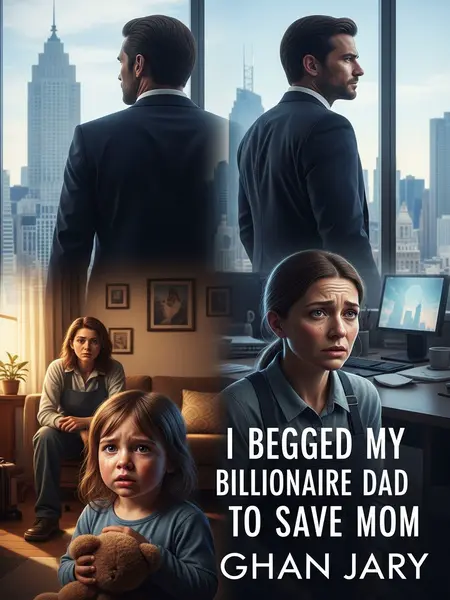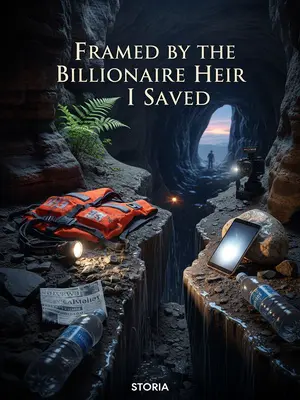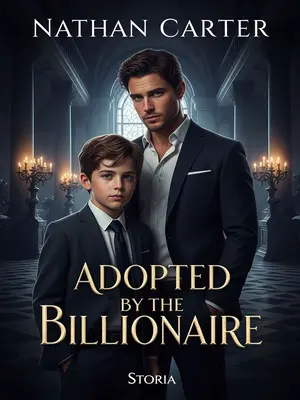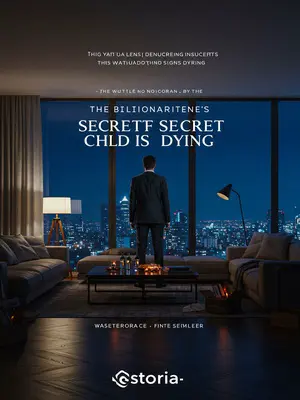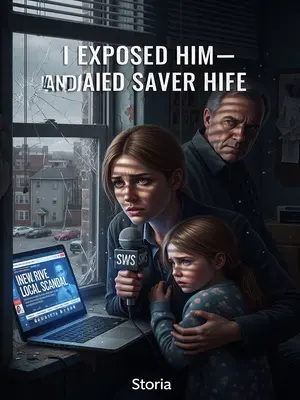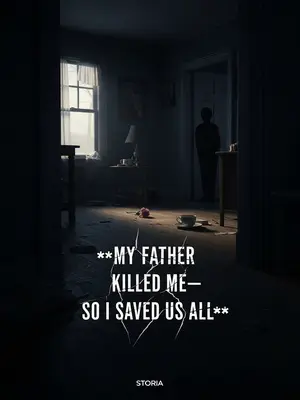Chapter 2: Goldfish Crackers and Big Decisions
My name is Madeline Carter, but everyone just calls me Maddie.
Sometimes I think my name sounds way too grown-up for a kid who still spills apple juice and gets Goldfish crumbs stuck in her hair. But I like it anyway—it’s the kind of name that belongs on a pink unicorn backpack or scrawled on the side of a box of crayons. I wonder if someday I’ll really grow into it, if Mom will shout, “Maddie Carter, let’s go!” when we’re running late for soccer, her voice tired but proud.
Ever since I can remember, I’ve been different from other kids.
There were always these strings of symbols floating in front of my eyes. I thought maybe everyone saw them—like how everyone knows the theme song to Bluey—until one day I pointed at the air and asked my mom. She just gave me that grown-up look, half worried, half trying not to laugh.
She asked, “Honey, what are you talking about?”
She crouched down in front of me, tucking a strand of hair behind my ear, her face a mix of concern and that patient smile she used when I colored on the walls. I could tell she thought I was just playing, like with invisible friends or monsters under the bed. But this was different. She didn’t see what I saw.
That’s when I realized only I could see these rolling, crowded symbols.
After a while, I got used to it. It was like the static on the TV when you wake up too early on Saturday morning. I learned to ignore it. Kids are supposed to have weird things happen, right? Maybe this was just mine.
But then I started learning to read.
Those symbols started looking more familiar every day.
I was a little ahead of the other kids—Mom noticed early, so she taught me to read and do math before everyone else.
Mom would pull out beat-up workbooks at the kitchen table, covering my answers with smiley faces and stars. She let me stay up late with a flashlight under the covers, as long as I promised to be good the next morning. She loved bragging about me to her friends, even though I always hid behind the couch when they visited.
By the time I was four, I finally understood those strange symbols. They were comments—like chat bubbles that pop up on YouTube videos—except only I could see them, rolling right in front of my face.
[The main character is still working late, picking up extra shifts to raise her daughter, not even knowing she’s already sick. If she keeps waiting, that kid’s going to lose her mom soon.]
[If either the mom or dad would just open up and talk, we wouldn’t have this whole runaway-with-child drama.]
[Poor kid, loses her mom at six, the dad doesn’t even know the mom passed or that he has a daughter, just growing old alone.]
[Saddest of all is our little Maddie, has a rich dad, but ends up in foster care...]
Main character—like the ones in Mom’s TV dramas?
I didn’t really get it, so I scratched my head with my sticky fingers, the ones still dusted with cookie crumbs from snack time.
That day, Mom came home from work looking worried.
She burst through the door, dropped her purse on the entryway table, and kicked off her shoes like she was running from monsters. She didn’t smile right away. Instead, she leaned against the wall, eyes tired, shoulders slumped. Even her usual “Hey, peanut!” was quieter than normal. I could tell something was wrong, even though she tried to hide it behind a small smile.
“Maddie, in a couple days I have to go on a business trip to another city. You’ll stay at Aunt Lisa’s, and she’ll take you to preschool.”
The comments popped up again.
[I can’t watch this anymore. If the main character went for a checkup now, she could still get treated.]
[This business trip is the last chance for the parents to meet again, but they just miss each other. I’m really crying.]
[Sarah, go to the hospital and get checked, stop worrying about that dead-end job, sob sob.]
[Little Maddie is so good, she feels bad for her mom working so hard, and doesn’t know her real dad is loaded.]
[Sob sob, when the main character finally gets diagnosed with stomach cancer, it’s already late stage. To leave more money for her daughter, she gives up treatment. So heartbreaking, my tears are useless...]
[……]
I froze.
Sarah—that’s my mom’s name.
Is my mom the one who’s sick?
I looked at her, gentle and beautiful as always, but she did look thinner lately. She’d been eating less, picking at her food and pushing things around her plate. The dark circles under her eyes were like bruises from a bad dream. I wondered how I hadn’t noticed before, or maybe I just didn’t want to.
Is this what it means to be sick?
Mom’s voice came again: “Honey, why are you zoning out again? Mommy’s talking to you. Will you stay at Aunt Lisa’s?”
“No.” I said it without thinking.
